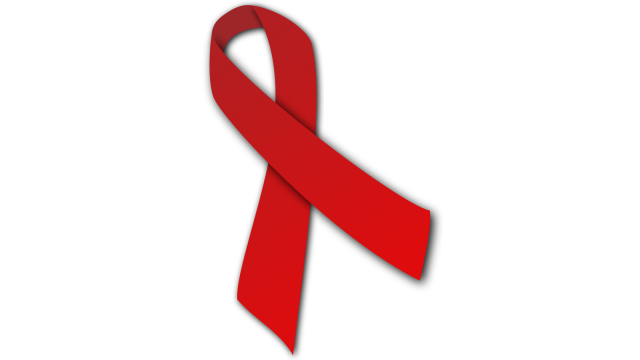We Must End HIV Criminalization to Fast Track the End of the AIDS Epidemic

Post submitted by Luiz Loures, Deputy Executive Director, UNAIDS, and Assistant Secretary-General of the United Nations.
It has long been recognized that the legal environment matters for the response to HIV. Protective laws have helped communities stand up against HIV-related employment and housing discrimination, demand access to treatment and secure protection from violence. Punitive laws, however, have many times pushed people living with and affected by HIV, including members of the LGBTI community, to the margins. These laws increase vulnerability and put up barriers to services. They violate human rights and they jeopardize our collective success. That is why in 2011, governments gathered at the United Nations General Assembly and unanimously committed to putting in place an enabling legal, social and policy environment that makes the law work for, not against, the response to HIV. Now we must put these efforts on the Fast Track so that we end the AIDS epidemic by 2030.
One critical component of this agenda is working to end the overly broad criminalization of HIV transmission, exposure and non-disclosure. Unjust prosecutions, including for acts that pose no risk of HIV transmission, continue to be reported. As of 2013, some 61 countries have adopted legislation that specifically allows for criminalization, while prosecutions for HIV non-disclosure, exposure and transmission have been recorded in at least 49 countries. Of the 30 jurisdictions where HIV-related criminal prosecutions have been reported most frequently, 12 are found in the United States. In too many places laws and law enforcement ignore science as well as fundamental principles of justice. We have abundant scientific evidence that HIV treatment sharply lowers the risk of HIV transmission. We know that pre-exposure prophylaxis (PrEP) works and expands options for prevention. HIV criminalization laws, however, hurt public health rather than protect it. They undermine public health messages focused on shared responsibility for sexual health. They reduce the incentives to find out one’s status, and prevent people from talking openly to their physicians or counselors and disclosing their HIV-positive status. We need reason, science and solidarity, not punishment, if we are to normalize HIV and fully support people to access prevention, treatment and care.
Recently the Programme Coordinating Board of UNAIDS adopted its updated 2016-2021 strategy, outlining the actions that are necessary for Fast Tracking the response and ending the AIDS epidemic as a public health threat by 2030. In this agenda, removing punitive laws, stigma and discrimination that block effective responses is one of the eight results areas, directly linked to the UN’s recently adopted Sustainable Development Goals agenda. The strategy affirms that we need to strengthen inclusive societies and protect human rights. By necessity, we must abandon irrational laws and policies that are founded in the fear and uncertainty of the early days of the response to HIV. We need universal access to HIV services, ensuring we leave no one behind.![]()
Ending overly broad HIV criminalization and realizing the global vision of zero discrimination will require the commitment and determination of all of us. As part of our support to country efforts, UNAIDS has published guidance on ending the overly broad criminalization of HIV, drawing on the experience and expertise of policy makers, scientists and activists from around the world. When communities stand united and mobilize to make the science known, to call for protection not punishment – as we have seen in Denmark, Kenya, Switzerland, the United Kingdom and a number of U.S. jurisdictions – the legal community and elected officials take notice.
Government leadership is also critical for success. The National AIDS/AIDS Strategy for the United States, updated to 2020, is an important example. It outlines commitment to tackling misperceptions, barriers to care, underscores that federal and state criminal laws regarding HIV transmission and prevention must be scientifically based and that prosecutors and others in law enforcement must have an accurate understanding of transmission risks.
We applaud the initiative of the Human Rights Campaign and its partner organizations to work to end unjust HIV criminalization laws and prosecutions. You are taking us one step closer to making AIDS history.
You Might Like
